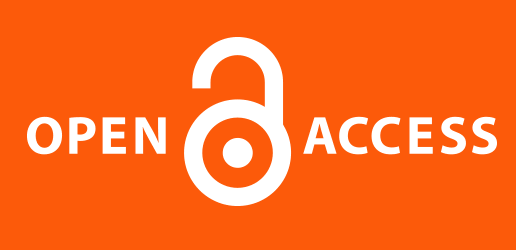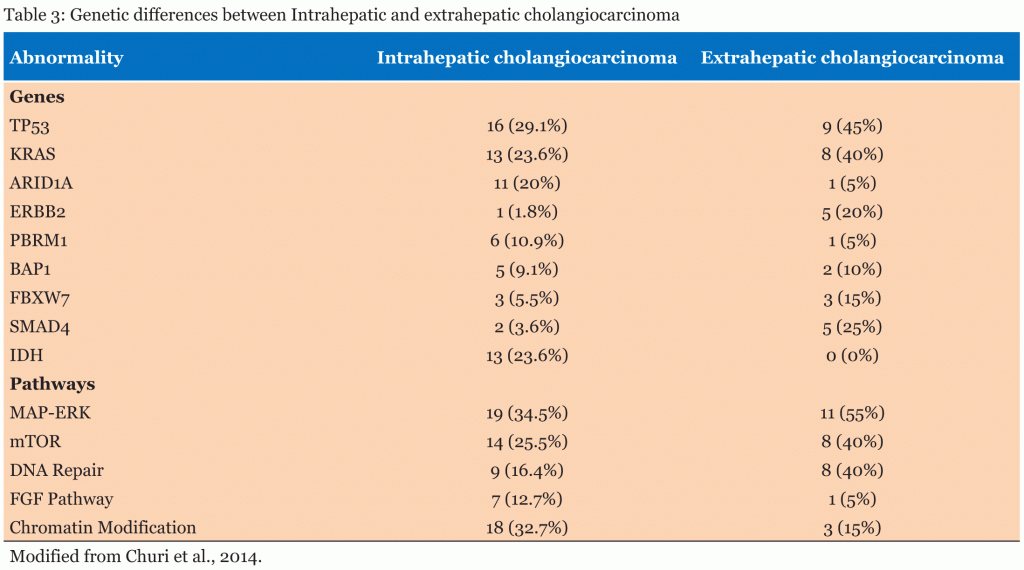The role of the internet in democratizing access to information globally has made us aware of the power of technology to advance society. Most forms of information have transitioned to open online access in some form or the other but the glaring hole in this participation has been left by none other than the gamut of academic papers. The majority of advances and knowledge generated by the world’s scholars and universities has resisted this transition to open information revolution.
Though leading universities are public-funded entities and most of their operating costs are heavily subsidized by the taxpayer’s money, they do not publish all their books, papers, presentations, etc. on their websites for unrestricted access by the public. A lion’s share of the scholarly research output of the world is commercially owned. The open access movement was born of this necessity to make all research publicly accessible. The academic world has led this revolution to open the access to all information through open access journals.
The future of how academic and scholarly is published and generated is open to debate but the wind is blowing favorably towards the open access approach. The trend towards global access and unhindered knowledge sharing points towards an ideal future in the academic world where any new knowledge if it does not benefit the academia as a whole, and if cannot be used by all remains short of its goal.
“In the longer term, the future lies with open access publishing,” said Dame Janet Finch who conducted an independent study on open access publishing commissioned by the UK government in 2012. The open access movement ideally wants all scientific and academic research funded by taxpayers to be freely available to all readers without payment and license restrictions. This study aimed to reach this goal without undermining the high standards of peer review in the process along with maintaining with the successful publishing industry of the nation.
Professor Finch found in her study that such a goal is achievable because the future of academic publishing lies in the open access approach. Open access publishing should be recognized, embraced and managed in an informed way, as it is the inevitable change in the world of academic publishing. In her report, she calculated that an overall transition to open access would cost the UK a whopping £60m but it would also bring in economic benefits and increased efficiency in research.
The high costs would eventually level into balance in the long run when the costs will fall but the time period is difficult to predict as it depends on a lot of cost effective factors such as infrastructure development around central repositories, extending licenses to public libraries, other one-time costs, etc. The balance between reducing journals subscriptions costs and rising author payment charges is an equation that would take time and unpredictable speed.
The costs as outlined by the report is open to consideration by the government in the UK and this initiative points to a change all throughout Europe and the US in favor and support of the open access movement as the future in academic publishing. In 2016, the government of Egypt launched an open access initiative called Egyptian Knowledge Bank that would house contents from prominent international publishing houses covering almost all fields of knowledge in the form of scholarly journals, ebooks, databases, educational videos, pictures, etc. and all of it freely available to citizens.
The financial stress of publishing is a looming crisis in the world of academic publishing. While libraries are straining under the growing cost of subscription based journals, many researchers who are independent, are not allied to big universities, or are from the developing nations are simply being bereft of the growing advances in the scientific world, of the newer innovations and progress in the research community. The increasing number of open access journals that have come about in the recent years is a testimony to the fact that open access is the new future of academic publishing.
Not only are open access scientific and academic journals among the widely respected and rigorously peer-reviewed stellar specimens of the academic publishing world today, they are increasingly being favored by the leading scientists and academic peers. An open access repository ensures equality of access which is necessary for the progress of research and scholarly communication.
An expanded community of truly global scholarly participants is an ideal scenario but the question of cost will always accompany the scope and dynamism of open access approach to publishing. While good intentions will not pay for the projects, enduring partnerships and collective efforts do offer hope for a sustainable future of open access publishing. And the current state of things optimistically points towards open access as the future of academic publishing.






















